|
Amid a deluge of worrying climate and environment news pouring in from around the world each day, it can be hard to decipher exactly what’s going on. Is it raining too much, or not enough? Is this year worse than last year? And what does it all mean for Australia?
An environmental scorecard released today helps shed a bit of light.The annual assessment involves trawling through huge volumes of data collected by satellites, measurement stations and surveys.
And the result? In 2023, Australia’s “Environmental Condition Score” was 7.5 out of 10 (with 10 being the best possible score). That was lower than the previous year, but still the second-highest score since 2011.
As the authors write, the year was one of opposites. It started wet but turned dry and warm. This led to an early start to the east coast fire season – but fortunately, fears of a monster fire season were not realised. And 2023 may have been the world’s hottest year, but it wasn’t Australia’s hottest.
Sadly, the results show an unrelenting decline in the abundance of Australia’s threatened bird, mammal and plant species each year. And in more bad news, our greenhouse gas emissions keep rising. The upshot? Australia’s environment is struggling on several fronts, and all of us – individuals, industry and governments – must do better.
|

|
Nicole Hasham
Energy + Environment Editor
|
|
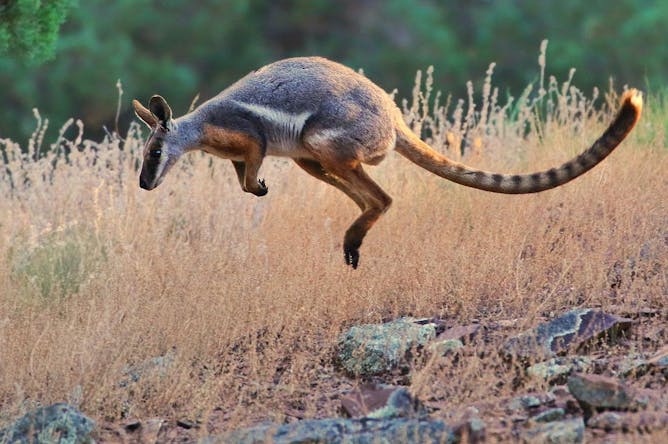
Albert Van Dijk, Australian National University; Shoshana Rapley, Australian National University; Tayla Lawrie, The University of Queensland
Conditions deteriorated in 2023 but were stlil relatively good for ecosystems and agriculture. Unfortunately, the alarming decline of threatened species continued.
|

Peter Tesch, Australian National University
Western governments must honestly assess the mistaken assumptions that have undermined effective policies in the past and articulate what a better future would look like for the Russian people.
|

John Blaxland, Australian National University
Amid reports of a dip in US production of nuclear submarines and concerns about the future of the agreement under Donald Trump, some have questioned the viability of AUKUS. But they need not worry.
|
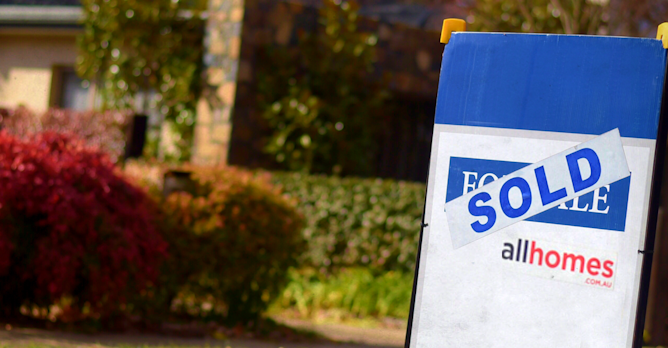
Jason Nassios, Victoria University; James Giesecke, Victoria University; Xianglong Locky Liu, Victoria University
For the Commonwealth, the best measure is rent assistance. For the states, it’s a mix of two-thirds first homebuyer grants and one-third stamp duty discounts.
|
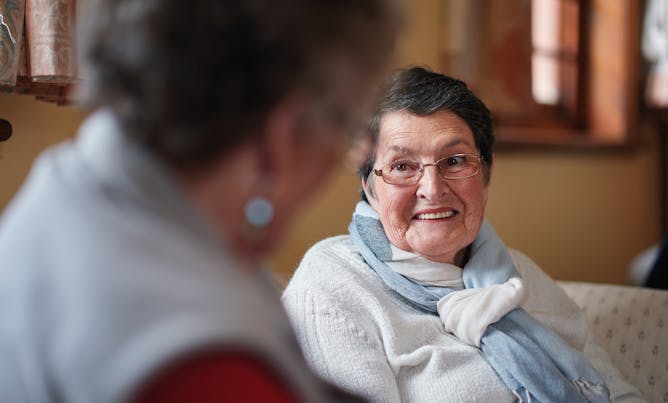
Stephen Duckett, The University of Melbourne
While wage rises for aged care workers are welcome, this measure alone will not fix all workforce problems in the sector.
|

Matt Balogh, University of New England
Managing our electronic records is a big task. But using a few simple tips to turn your inbox into a to-do list can save a lot of problems down the line.
|
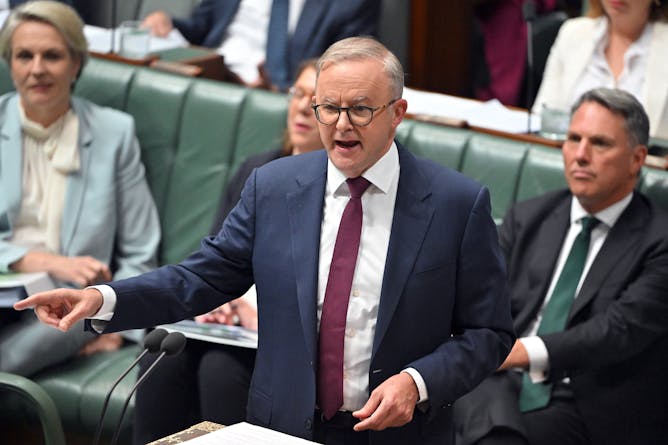
Kate Griffiths, Grattan Institute
There are simple (and some not-so-simple) measures that would make donations more transparent and fairer.
|
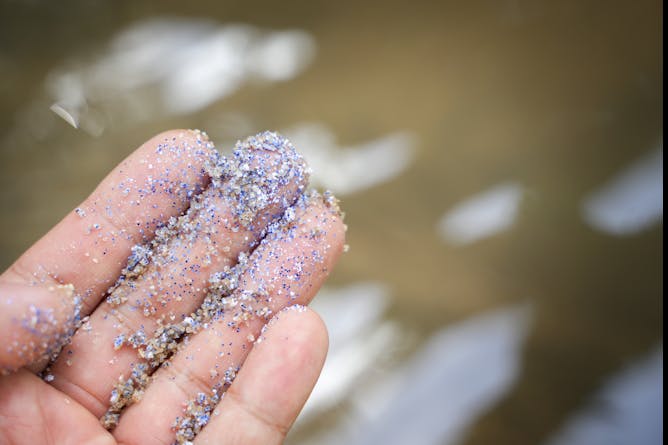
Mark Patrick Taylor, Macquarie University; Scott P. Wilson, Macquarie University
Microplastics are created when everyday products – including clothes, food and beverage packaging, home furnishings, plastic bags, toys and toiletries – degrade.
|
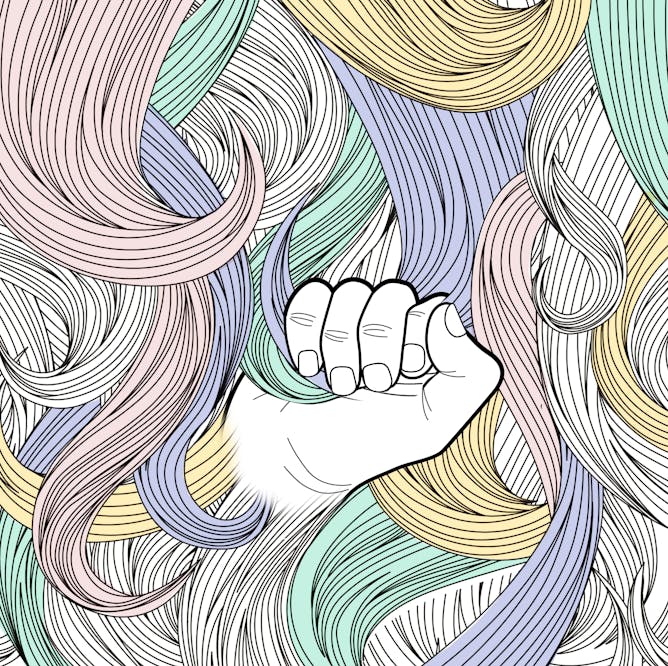
Jane Turner Goldsmith, University of Adelaide
Adele Dumont’s affecting memoir, The Pulling, draws the reader into the secrecy, shame and impulses behind trichotilllomania, or compulsive hair-pulling.
|
Politics + Society
|
-
Carrie Leonetti, University of Auckland, Waipapa Taumata Rau
Victims in the family court system are often forced to come face-to-face with their alleged attackers when giving evidence. A new bill aims to afford these victims more protection when testifying.
|
|
Science + Technology
|
-
David Cliff, The University of Queensland
Mining’s high-tech transformation has dramatically increased safety – but there is plenty more work to be done.
|
|
Environment + Energy
|
-
Andreas Helwig, University of Southern Queensland
In the 19th century, the world ran on steam. In the 21st century, little has changed. Every thermal power plant still relies on steam as a final stage.
|
|
Arts + Culture
|
-
Sarah Bendall, Australian Catholic University; Megan Shaw, University of Auckland, Waipapa Taumata Rau
Mary & George depicts the real-life story of Mary Villiers and her son George, and their social climbing at the early 17th century English royal court.
-
Emerald L King, University of Tasmania
Live-action anime adaptations have never been more popular. Yet there are many factors that make them difficult – but not impossible – to pull off.
|
|
Books + Ideas
|
-
Georgia Phillips, University of Adelaide
The novel Appreciation is a literary page-turner with no shortage of dramatic flair.
|
|
Business + Economy
|
-
Dr Rachael Potter, University of South Australia
Pregnant women and working parents are often excluded from training and other opportunities despite extensive workplace and anti-discrimination laws.
|
|
| |
|
|
|
University of Wollongong
Wollongong NSW, Australia
•
Full Time
|

|
|
|
|
| |
| |
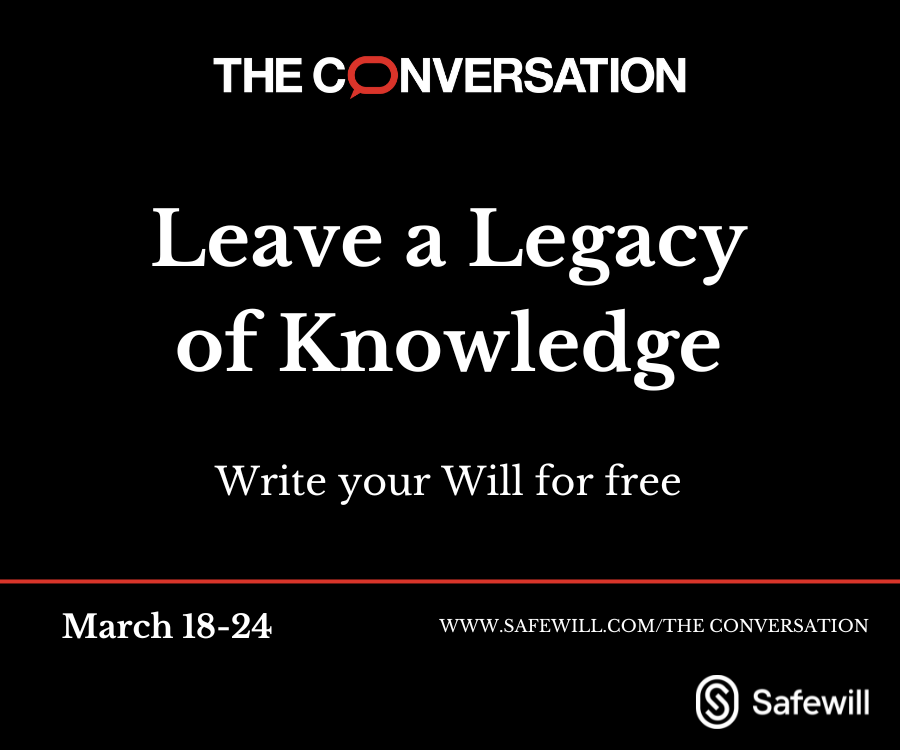
|
| |
| |
| |
Featured Events, Courses & Podcasts
|
View all
|
|
1 January 2023 - 7 October 2026
•
|

|
1 February 2023 - 25 November 2029
•
|
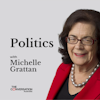
|
|
|
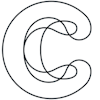
|
1 April - 31 December 2024
•
remote access
|

|
|
|
|
| |
| |
| |
| |
| |
|
|